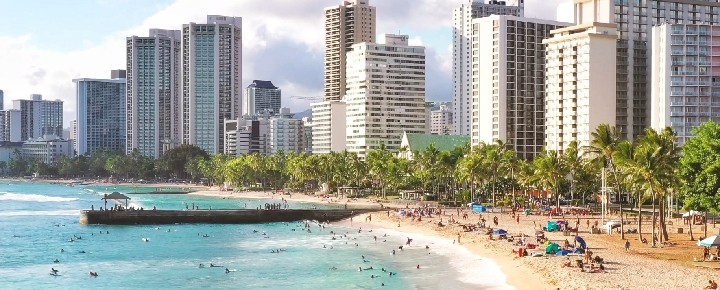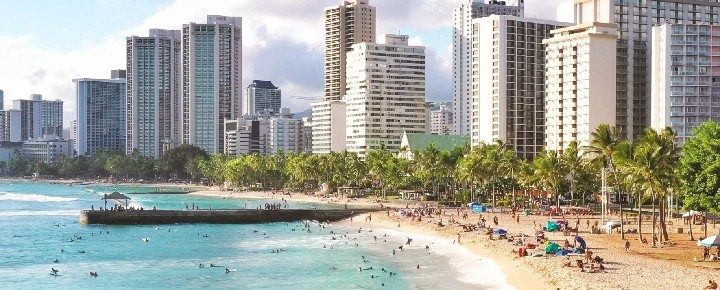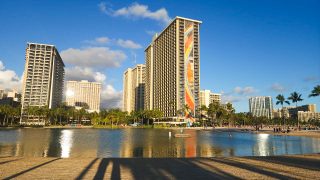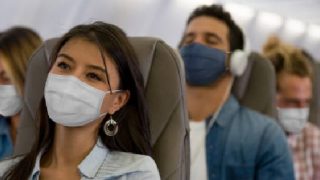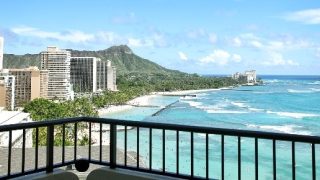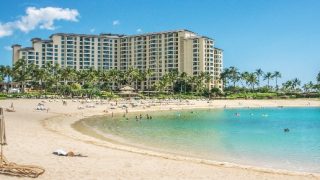It was reported yet again by the Hawaii Department of Health that yet another Waikiki visitor has developed Legionnaires’ disease. And all of the cases reported stayed at the same high-end hotel in Honolulu, The Grand Islander Waikiki just built in 2017.
With a 2–10 day Legionnaires’ incubation period, how could it still be happening?
The Grand Islander said after the second case in March, “While it is not yet known how or where this individual was infected, our team is working cooperatively with the Hawaii Department of Health as an investigation is conducted. The health and safety of our owners, guests and team members is our top priority.” Early investigations based on water samples collected indicated the potential for the bacteria to develop in the hotel’s potable water supply.
So why does this continue to be a problem?
Legionella Pneumophila or Legionnaires’ is caused by a bacteria that results in a form of pneumonia. When the first visitor was diagnosed last year in June, we figured that the issue would soon be resolved. But then another case surfaced in March, followed by two in April and now one in May. Typically, once the water systems associated and any other issues associated with the disease are remediated, that ends the problem. But that hasn’t been the case here. Why?
Legionnaires is on the rise here in Hawaii and elsewhere, and it’s something to be aware of since it is fatal in about 10% of the cases. State DOH’s Dr. Sarah Kemble said “while the risk to the general public is low, cases of Legionnaires’ disease are on the rise nationwide. The symptoms are typical of pneumonia including coughing, shortness of breath, muscle aches, fever, and headache.
The hotel completed remediation work in March. But now 3 more cases since then. The Grand Islander previously said, “we are taking several steps to ensure everyone’s safety, including temperature treating of systems, which was completed March 23. This non-chemical process is not harmful and only involves increasing water temperatures to systems at The Grand Islander.”
Source of Legionnaires’ is in water systems.
Bacteria associated with the disease can be found in water which can be breathed in, and occur naturally in lakes and streams. “It can become a health concern when it grows and spreads in human-made building water systems,” according to the DOH.
Not everyone exposed to the bacteria even develops the disease. Those are greatest risk are those aged 50+, smokers, or immuno-compromised individuals.
The infection is also sourced from areas such as showers, pools, bathtubs, and other water features. The state DOH said that “mitigation measures include installing point-of-use filters in guest room showers.”
Legionnaires’ outbreaks are increasing in Hawaii.
Legionnaires’ cases in Hawaii have been increasing. There are typically up to twenty per year here. They have occurred in vacation rentals, and an outbreak at the Kapaa Shore Resort on Kauai about five years ago resulted in the temporary closure of the entire property. The disease thrives in water pipes. When the bacteria are found indoors, they rapidly multiply.
You may recall that the disease was named for an outbreak from an American Legion Convention that took place in Philadephia in the 1970s.
In Hawaii, there’s been an growing number of cases of Legionnaires’ disease reported over the past decade, growing from one and two cases in 2009 and 2010, to 12 and 14 cases in 2016 and 2017, respectively.
The first case related to the Grand Islander was diagnosed in June 2021. The latest of the cases before this one stayed at the hotel March 18 to 25. And now the latest stay involved someone who didn’t arrive at the property until April 25.
Is there anything you can do to prevent Legionnaires’ Disease?
It isn’t clear that much can be done from a visitor’s perspective. Recommendations we’ve seen for preventing Legionnaires’ are limited. They include flushing showers and other systems thoroughly with the hottest water before using them, and avoiding the consumption of tap water. What seems clear is that the most important thing is to seek treatment immediately if you experience any of the symptoms.